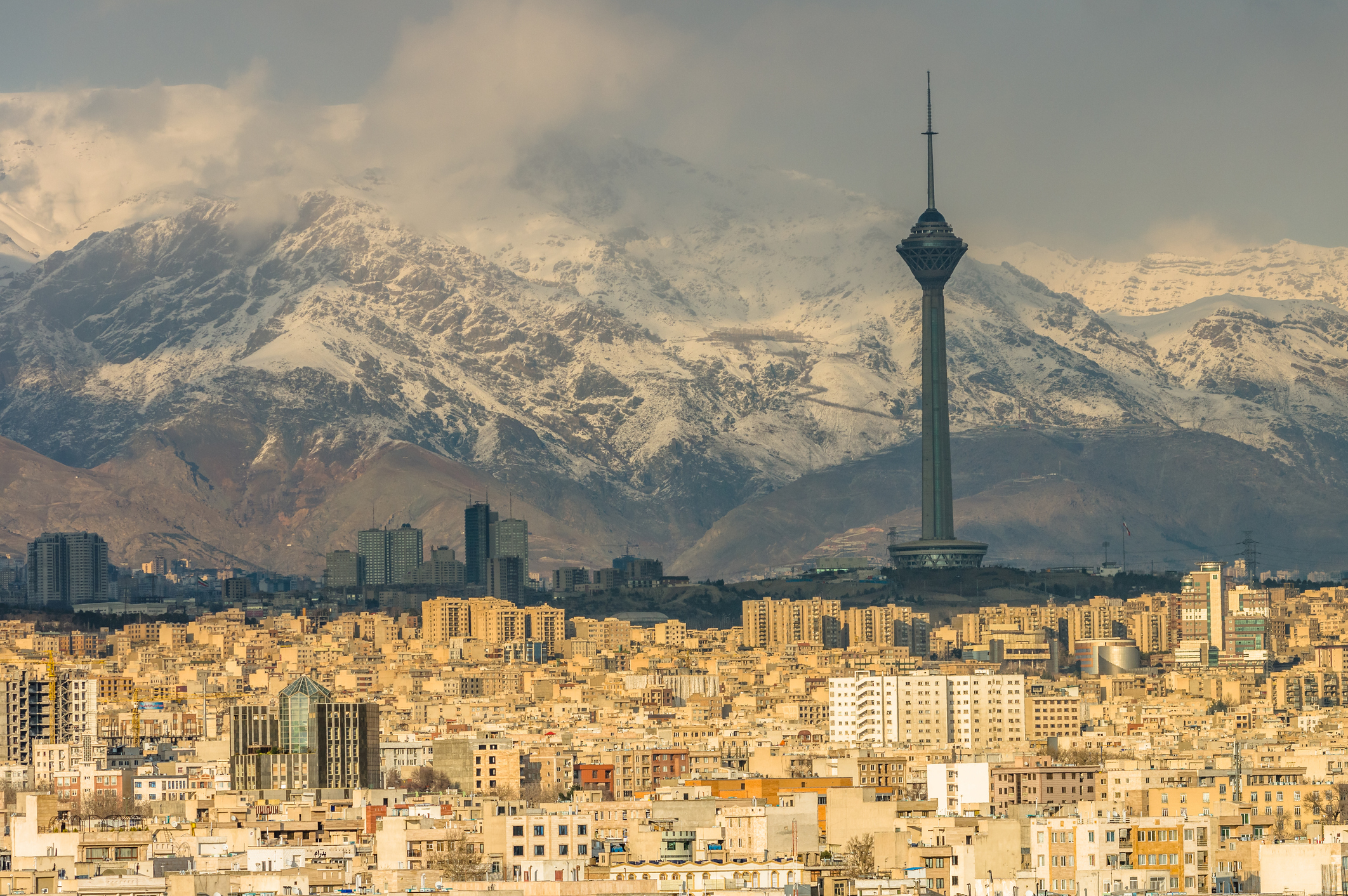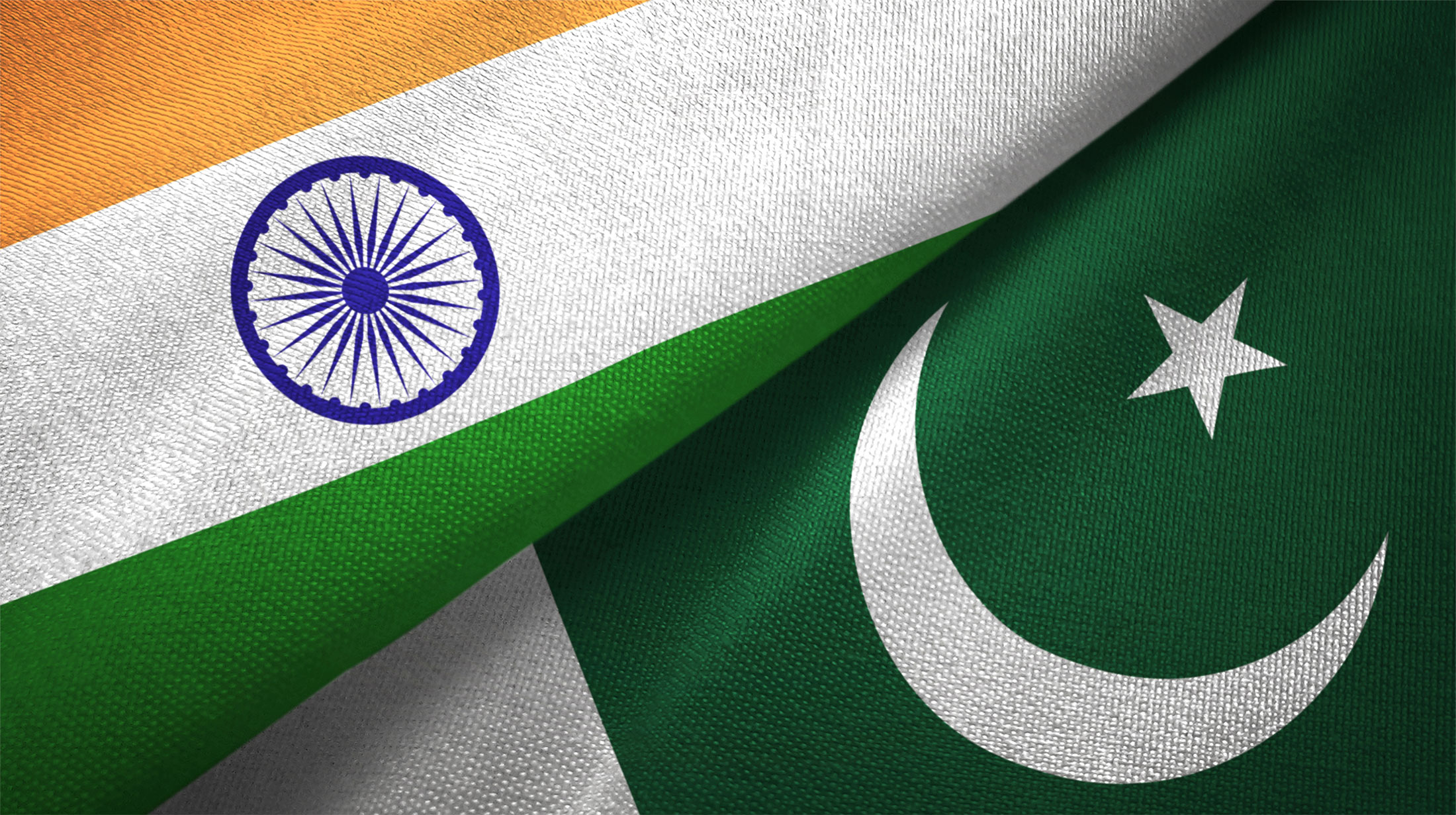NEW WAR SCARE IN THE MID-EAST, WHILE HOPES DASHED FOR HOSTAGE DEAL
August begins with heightened concerns that the Middle East is on the brink of a major escalation in the violence already plaguing the region. Just a few days ago it seemed as if Israel and Hamas were finally growing close to a ceasefire and an additional hostage release in Gaza. Now these talks have apparently collapsed with Israel’s Netanyahu being accused by the Qataris and others as acting in bad faith – pointing directly to the July 31st assassination in Tehran of the Palestinian’s lead negotiator on these talks, Ismail Haniyah. Israel has neither confirmed or denied its involvement in this assassination.
To be sure, it has been a bad week for the so-called Axis of Resistance. In addition to Haniyah’s eye-popping death (reportedly by a bomb planted in the government guest house at some time in the past), there was confirmation by Israeli intelligence on July 31 of the death of the Hamas military commander, Muhammad Deif, during military operations earlier in the month. Next to Yahya Sinwar – the Hamas leader in Gaza — Deif was the key architect of the brutal surprise attacks against Israel which launched the current war on October 7, 2023.
Yet another blow was struck in Beirut, shortly before Haniyah’s death, with the Israeli announcement that it had successfully killed Fuad Shukr in his Beirut apartment in specific retaliation for his purported responsibility for a rocket attack earlier in the week on a Druse village in the occupied Golan Heights. Sukr was a leading advisor and confidante of Shaykh Hasan Nasrallah, the head of Iran’s leading Lebanese proxy, Hizballah. And on August 1, Israel announced that it had killed an Islamic Jihad “bomb maker” during a recent assault in Gaza.
Comment: It was Haniya’s death in Tehran, hours after attending the inauguration of Iran’s new president, Masoud Pezeshkian, and following meetings with both the new president and Supreme Leader Ayatollah Ali Khamenei, that has particularly galled the Iranians. Our source at a Dubai-based think tank (with ties to Iran) zeroed in on this point. He took great pains to emphasize that that Haniyeh’s killing is a significant symbolic blow for Hamas, while it also sent shock waves throughout the Iranian government because of the concerns its raises about the physical safety and security of its political and religious leadership at home. Our source maintained that Khamenei’s statement that Haniyah’s murder must be avenged against Israel directly should not be treated lightly. Iran does not want a broader war, he added, and neither does Hizballah – at least, not at this juncture. But they cannot stand by with impunity.
We asked an Egyptian source — who has served as an interlocutor with the Palestinians who – if anyone — is in line for Haniya’s position. He commented only half-jokingly that only someone with a death wish need apply. On a more serious note, he speculated that Hamas might select Khalid Mashal, who had been Haniyah’s predecessor before 2017, as an interim replacement. He added that he did not view Mashal as inclined as Haniyah was to negotiate a temporary cease-fire, regardless of its duration. But this point is purely speculative. In the end, it is Sinwar and Netanyahu who will determine the next stage in the current war, and neither seems prone to compromise at present. End Comment.
MADURO LOSES THE VOTE BUT “WINS” THIRD TERM ANYWAYS
Elections in countries with authoritarian systems – Russia, Syria, Cuba, and Iran – can never be expected to be fair. Sometimes, the results may cause some modest surprises – in Iran, for example – but the end result is generally the same – the authoritarian wins. Last Sunday’s election in Venezuela was a little different. There seems no doubt that the opposition candidate – Edmundo Gonzales Urritia (a stand-in for the real opposition leader, Maria Corina Machodo, whose candidacy was banned) won handily in the balloting, but – surprise, surprise – Maduro was the declared victor with a claim of 51 percent of the votes cast. No actual ballots were released officially, although opposition tabulations from individual polling stations strongly suggest that they won by a 70% landslide. Several countries from the region and abroad – including left-leaning presidents from Brazil, Colombia, and Mexico – have openly questioned Maduro’s legitimacy. On August 1, Secretary of State Blinkin – in the face of protest rallies and widespread international condemnation of Maduro – actually declared Gonzales the winner.
Comment: For now, Maduro is holding his ground. Public protests are on-going, troops and police have been called out to restore order, some opposition leaders have claimed asylum in the Embassy of Argentina, and Maduro has called for the arrest of Gonzales and Machodo. A senior professor of Latin American studies tells us that Maduro is safe as long as the military and police remain loyal. With the election, he opened pandora’s box, and he will now have difficulty in closing it again. He and his inner circle have little incentive to cede power in the face of U.S. criminal charges, an International Criminal Court investigation, and millions of angry Venezuelans. The military leadership is similarly not incentivized to move against Muduro, but some sources report serious rumblings among some officers and rank and file who will not want to bloody their hands if protests turn violent. Remember the Shah in 1978, the professor opined. Maduro can be off to Cuba in a heartbeat if his military shield withdraws its support – or crumbles from within. The Russians and Cubans may not want their ally to collapse, but it is hard to see Putin investing in Maduro to the extent he supported Syria’s Asad (and, thereby, saving his proverbial arse), but he may try. Similarly, one hopes the Biden Administration, recalling its Afghan fiasco, has some meaningful cards to play to counter Moscow and Havana and to support democracy in our own back yard. Now is not the time to dither. End Comment.
IRAN’S ELECTION RESULT: HOW SIGNIFICANT?
Erstwhile reform candidate, Masoud Pezeshkian, triumphed in his 5 July runoff election by around a 10 percent margin above his hard right competitor, according to the Iranian Interior Ministry. Pezeshkian contrasts his views with his predecessor’s by calling for a return to a nuclear deal with Western countries and by pledging to pursue peace in the region. He was the only reformist candidate allowed to run by Iran’s Guardian Council.
Background: As indicated in earlier reporting, a snap election was last month after Iranian President Ebrahim Raisi died in a helicopter crash in May in Iran’s remote northwest. Dr. Pezeshkian was the only “reformist” candidate among a total of six vying for the top elected seat in the country after dozens of other candidates were barred from running. A Minister of Health under reformist president Mohammad Khatami (1997-2005), he is a trained heart surgeon and lawmaker. He gained prominence for his stance against the crackdown on the 2009 pro-democracy protests and against the violence perpetrated by the notorious morality police in 2022 in the wake of Mahsa Amini’s death.
Comment: Dr. Pezeshkian will take the helm in a country that is still facing considerable international isolation in the west, considerable internal discontent, dismal economic statistics, and the increased prospect of direct conflict with its archenemy, Israel. The latter’s (still unadmitted) involvement in the assassination of Hamas’ Political Leader, Ismail Haniyah, on July 31 has turned any chance of a honeymoon period to dust. Even if he were inclined to call for restraint, Grand Ayatallah Khomenei has already spoken of the need to punish Israel, so it will be the IRGC and the hardliners who will continue to set the course in the days to come.
Echoing analyses we received last month, the Deputy-Director of a prominent Dubai-based think-tank asserted to us, before Haniyah’s assassination, that Pezeshkian will not impact much change in Iran’s foreign policy. He stressed that the Supreme Leader and, to a lesser but important extent, the IRGC, exercise a stranglehold over key policy decisions. For now, Iran’s turn towards Asia (and especially China) and its strong support for more radical movements in the Middle East has improved Iran’s international standing in the eyes of the Grand Ayatollah, so significant or rapid changes in Iranian policy are unlikely. End Comment.
SEA-CHANGING DEVELOPMENT IN MANILA?
Just as Putin’s intemperate actions against Ukraine forged the enlarged NATO on his borders which he sought to avoid (with the accession of both Sweden and Finland into the defense alliance), so too has China’s ludicrously revanchist claims to 90 percent of the South China sea started to have unwanted consequences. AUKUS was one result and rekindled South Korean/Japanese defense talks were a second one. And most recently, China’s overt hostility against the Philippines over a contested shoal has caused Manila to do the unthinkable – sign a new defense pact with its former World War II occupier, Japan. This agreement, signed on 1 July in Manila’s Malacañan Palace, is called a ‘Reciprocal Access Agreement’. Key aspects allow the Philippines to deploy troops to Japan (and vice versa) for “cooperative activities,” while committing both parties to hold joint, combat exercises. The accord was signed in near-record time –in about seven months – with the threat from China being the obvious reason for the rush. Comment: The accord was negotiated in record time – about six months – indicating the concern by both countries about China’s assertions (against the Senkakus Islands in Japan’s instance) and its growing power (endowed now the largest navy in the world). For Manila, this agreement provides the hope that the presence of nearby Japanese troops might encourage China to back off from its continuing threats which have included ramming fishing boats and blocking efforts to resupply the small Philippine Marine detachment located on a nearly derelict large patrol ship permanently stuck on one of the sandbars. For Tokyo, the benefits are similar, as the accord further stitches Japan into the US-led ‘latticework’ of countries seeking to balance China. A Sinologist working for a think-tank with close links to the Pentagon applauded this latest agreement, however, she said it may be too little, too late. China is already the dominant power in the region. It’s vast anti-ship missile arsenal reduces the maneuverability of powerful, U.S. carrier battle groups. These agreements may buy us some time, but they should not serve as a substitute for finding ways to engage China bilaterally – one superpower to another as “equals” – if we want to prevent small incidents from precipitating larger ones which could lead to an unforeseen and unwanted catastrophe. End Comment.
SINO-U.S. SPACE RACE?
A ranking member of a think-tank used extensively by the Pentagon told SocoSIX last month that Chinese leaders see themselves in competition with the United States to build military power in space, raising the risk of rapid, and unintended, military escalation. This source, who is an acknowledged expert in this and related fields, stated that the People’s Liberation Army’s (PLA) thinking on escalation dynamics in space has become significantly more risk-tolerant than that found in PLA documents and actions of ten or even five years ago.
Two factors account for this shift. The first is the continued prominence of a Chinese perception that they are in the process of replacing the United States as the world’s dominant power. The second is that this shift appears to coincide with President Xi Jinping’s guidance “to be more proactive in shaping the international environment,” which includes accepting higher but carefully calibrated levels of risk even though such proactive measures might result in unintended escalation with the United States.
In turn, this higher escalation tolerance is complicated by China’s inflated threat perceptions of the United States and resultant policy approach that resists cooperating with the United States to arrest unintended crisis escalation. Because China’s leaders view the United States as pursuing hegemony-maintaining strategies against China, PLA officers and others in the policy hierarchy interpret U.S.-led efforts to establish crisis communication mechanisms or broader space norms as some kind of “tools” to control China’s behavior.
Comment: Our source stated that the U.S. – and especially the Joint Chiefs of Staff – place great importance in establishing “hot lines” with their Chinese counterparts in part to deter misunderstandings. However, given the current mindset in Beijing, he cautioned against adopting this approach as the cornerstone of Sino-U.S. military policy. Even if the PLA sends out indications about a willingness to discuss this topic, this action might not be undertaken in the best of faith. According to this source, the United States Space Force (USSF) would do better if it anticipated a more bellicose reception from their Chinese counterparts and to work on robust countermeasures to employ as necessary and warranted. It is up to politicians and diplomats to set the tone and to find ways to re-energize engagement between the two countries in ways which enhance their mutual, and not necessarily always conflicting, relations. The fact that two Pandas have once more been allowed to reside in the U.S. is one positive sign that all is not yet lost. End Comment.




